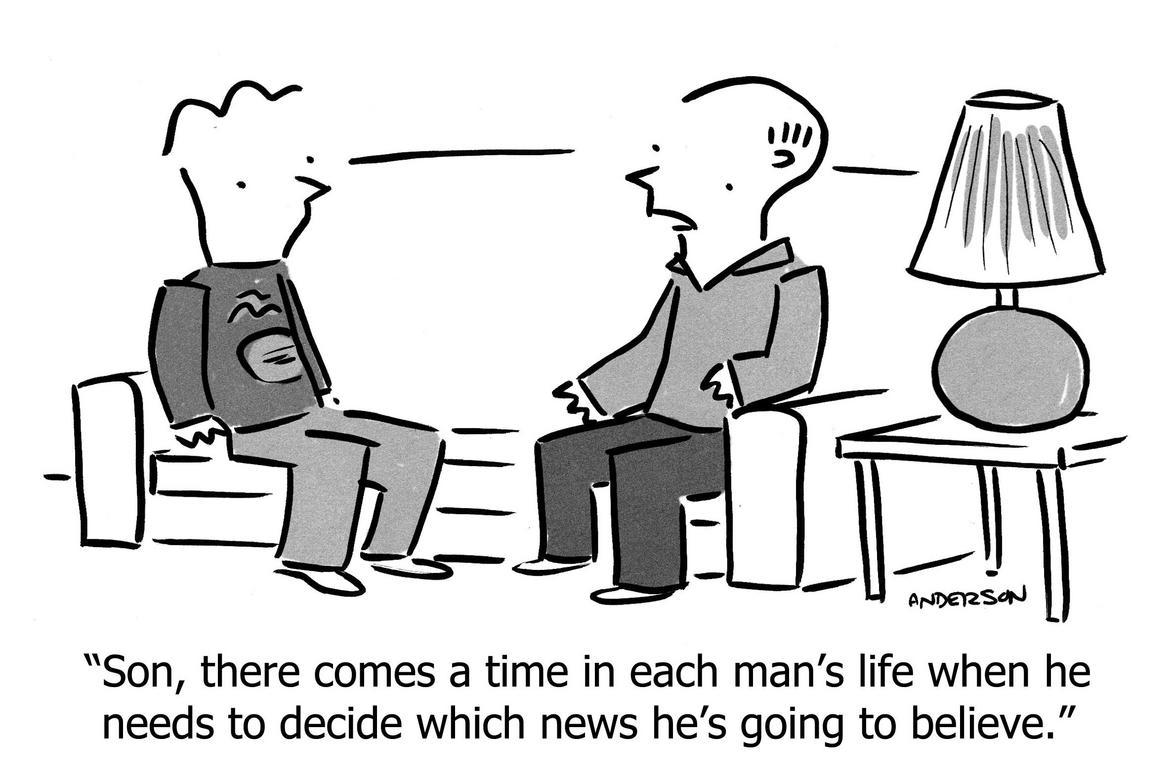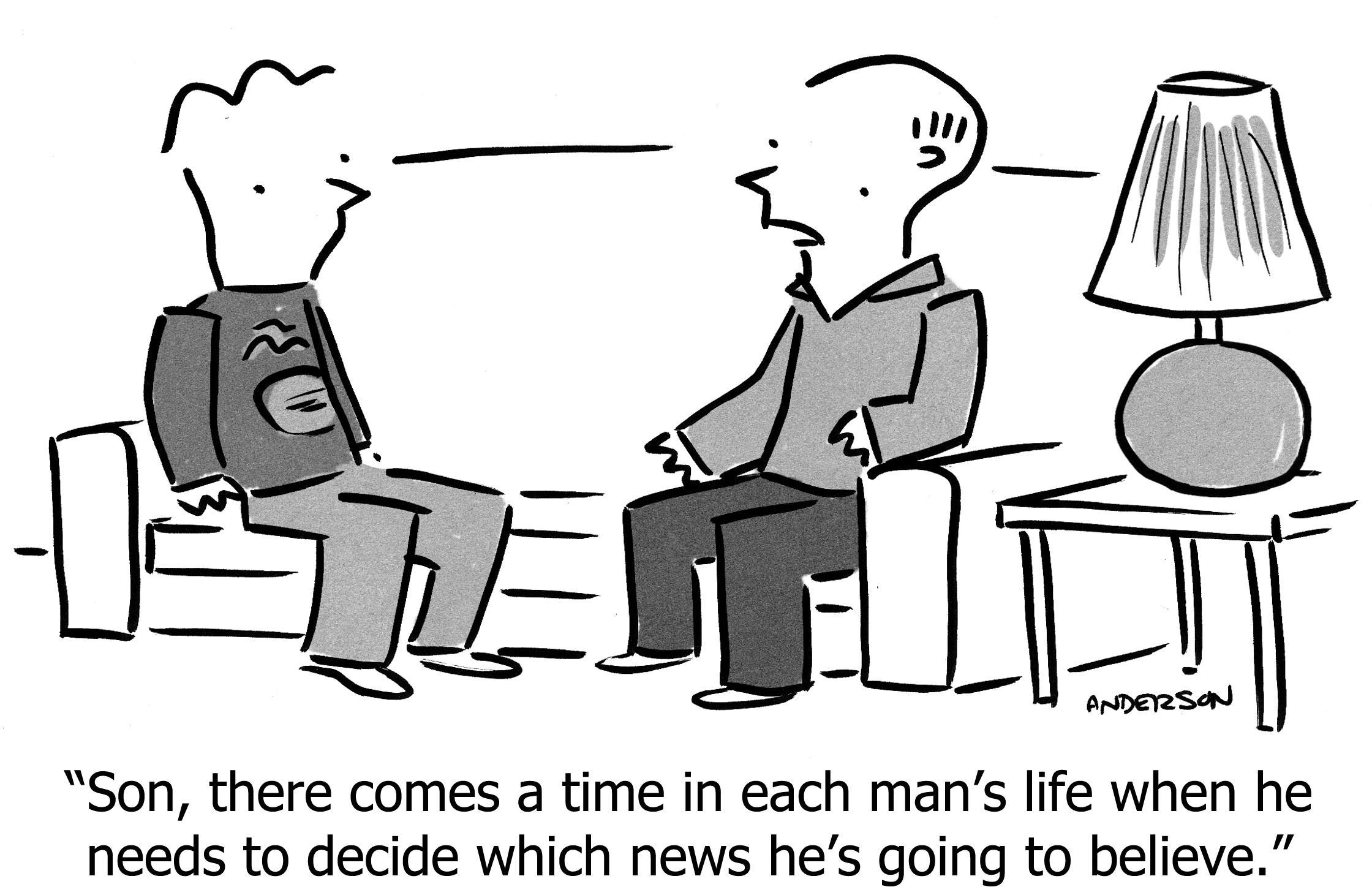Stubborn Visionaries & Pigheaded Fools
The puzzle
- Scenario 1 (S1)
- At time (A) you start an AdWords campaign.
At time (B) it’s obviously not working; a waste of time and money.
…But you keep trying, and by time (C), it’s working! You did it! - Scenario 2 (S2)
- At time (A) you start an AdWords campaign.
At time (B) it’s obviously not working; a waste of time and money.
…But you keep trying, and by time (C), it’s still not working, and you’ve wasted even more time and money. What a waste!
We’ve all experienced both scenarios, not just in AdWords but in life in general.
But we misunderstand it.
S1 we call “success through perseverance,” and you’ve heard this echoed in many platitudes. Winners never quit, and quitters never win. Failure is a step on the path to success. Failure is a pivot away from success. Learn from your mistakes and next time you will succeed. Fake it ‘till you make it. The thing all failed startups have in common is that the founders stopped trying.
S2 we call “failure through obstinance,” and you’ve heard this echoed in many platitudes. Doing the same thing expecting different results is the definition of insanity. Those who ignore history are doomed to repeat it. Those who cannot be introspective and honestly see things as they are, will fail. The thing all failed startups have in common is that the founders didn’t pay attention to what was happening outside their own egotistical worldview.
Are these the correct conclusions? No, they are convenient rationalizations.
Consider S1 and S2 at time (B). Up to this point they are identical. So how do you know, at time (B), which scenario you’re in? Because if you’re in S1 you’d be a fool to stop, but if you’re in S2 you’d be a fool to continue. How do you know whether you’ll end up as a cautionary tale of someone who couldn’t let go when they were clearly wrong, or as a hero who bravely fought through doubt to prove everyone wrong?
Maybe you shouldn’t find out! Just stop at (B). No again, because if you’re on the path of S1 you’ve lost your win. If you were on S2, you were “smart” to stop, but either way you’ve failed to achieve something useful. Stopping is sure failure while persisting is at least possible success. Stopping means you’ll never create something great.
So you cannot know. Not for AdWords, not for product design, not for the vision of your company and the market you hope to create around it, not for almost anything, big or small. It all looks the same at point B.
Venture capitalists don’t know either, though it’s their job to know. They’re smart and do this for a living, but it usually doesn’t work; most VC portfolios lose money. Not even the experts know which path you’re on.
The typical, backward-looking interpretation of these two scenarios is not the best way for us to understand the choices in front of us today, nor to evaluate our decisions in hindsight. It’s not even clear that we’ve “learned anything,” whether the outcome was good or bad.
Perhaps all we’ve done is made some choices and observed some results, and that’s the end of it.
You could read this as depressing, because nothing is predictable and even the wisdom we believed we accumulated along the way is false wisdom. But clearly this point of view isn’t exactly true.
So, read this as a positive, and realize that it liberates you to make decisions more easily—with less second-guessing in the moment, and less guilt afterwards. (And taking less credit when things go well.)
When you realize you cannot know which scenario you’re in, you realize that the job is to find out which one it is as quickly as possible, which means to cease your dithering, make a strong decision, keep your eyes open, try to measure what’s happening as objectively as possible, hope for S1, but allow for S2, to not feel guilty if you guessed wrong, and not feel cocky if you guessed right.
Still, there are some guiding questions that can help you suss out which path you’re on, and thus what to do.
Solving the puzzle
These are my specific strategies that thrive under uncertain conditions. Because many things in life are uncertain, these are often useful.
Besides those strategies, the following tactical questions help you determine which path you are on. Readers have contributed wisdom that I’ve lightly edited:
- Timebox. Set a hard deadline for how much longer you’ll work on it without seeing improvement. ( @farezv)
- Are you still enjoying the project and learning something from it? ( @colemank83)
- Rate of progress: Is the rate of progress slowing or accelerating? ( @Daanlo)
- Use an external sounding board to keep you honest. Often the numbers won’t tell you to go left or right. And even if the numbers show clear signs, we often ignore them because “they are outliers” and “this time is different.” ( @igriff) ( Ton Dobbe)
- Don’t allow sunk cost to decide. ( @igriff)
- If the team has run out of ideas and conviction, consider pivoting. If the team has run out of ideas and conviction for pivoting, it’s time for a full reset or quit. Do you see yourself doing this in 12 months? If not, you might as well stop now. ( @sachinrekhi) ( @awoodsnet)
- Is the product noticeably better than alternatives in the market or will be there soon? If the answer is no to both, consider stopping. ( @yassin_baum)
- Existence proof: If others somehow achieved a similar outcome, then you shouldn’t stop. Especially if their solutions are bad and yet they’re making money. ( @mibenz95) ( @nickresreal)
- Is it (a) worthwhile, (b) fixable, and (c) you still have energy for it? ( @nurijanian) Am I truly enjoying what I’m doing? Do I have room for improvement? Am I willing to put in the work to improve? Am I marketing this venture/skillset to the best of my ability Would my time be spent better trying a new project? ( Alex Finn)
- Opportunity Cost: Are there opportunities you’re missing because you’re fixated on this? ( @Liscoomi)
- Consequences: What’s the downside if you don’t finish? What do you get if you’re successful? Are there smaller wins you can achieve along the way? ( @awoodsnet)
- Don’t decide out of fear. If you’re scared of the outcome a little bit, stick with it. ( @pascallaliberte)
- Penny in the air: Go for a long walk and listen deep inside. Often I already know deep inside, but just don’t want to admit it to myself. ( @awoodsnet)
- Go back to “The Why” that set you off on your journey to begin with. If you now have more information to assess the credibility of that why, re-assess. If you still have the same information available and still believe in the why, press on. ( @temlabs)
In any case, just shut up and get going.
And when you’re done with that, don’t look back too much, just shut up and get going again.
https://longform.asmartbear.com/perseverance/
© 2007-2026 Jason Cohen
 @asmartbear
@asmartbear ePub (Kindle)
ePub (Kindle)
 Printable PDF
Printable PDF







